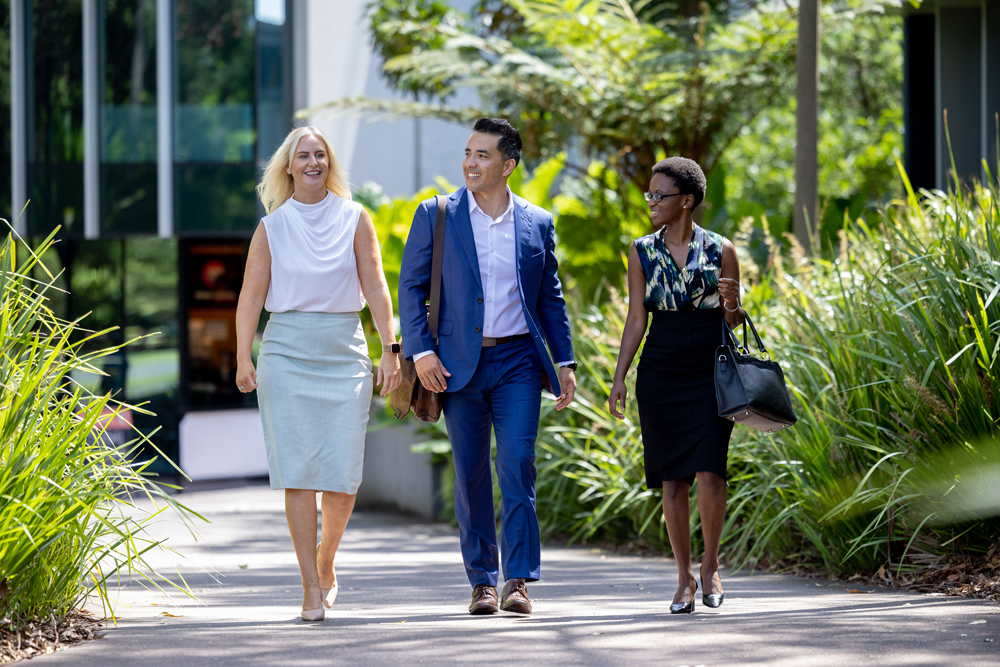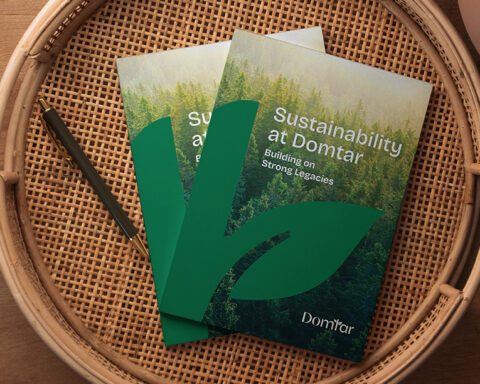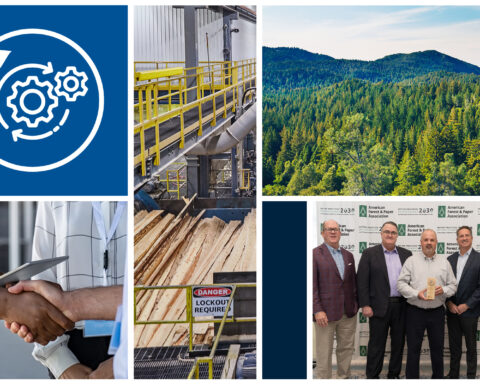Business practices in the past have contributed to crises which can appear beyond our control, but Griffith University is delivering the next generation of leaders who can embrace these challenges and work toward transforming the business world. By fully embracing the 17 United Nations Sustainable Development Goals (SDGs), the Griffith MBA program has consistently ranked as the world’s top MBA for sustainability, holding the number one spot in Corporate Knights’ Better World MBA ranking for the past six years,
Griffith University MBA Director Professor Naomi Birdthistle is passionate about making change where it matters: in the hearts of a new wave of business leaders, and she explains what ‘doing things differently’ looks like for the MBA program.
As the business world has played a part in creating environmental, social and ethical challenges which can seem insurmountable, how does Griffith’s MBA program contribute to a solution?
The Griffith MBA creates a model of what a future leader needs to be, to deal with wicked problems. Sustainability should become second nature for all business leaders, and they should have SDGs embedded into their decision-making process.
We equip students with a sustainability mindset. We bring out the passion and provide an authentic learning experience.
Ethical leadership is more important than ever in today’s business world. We emphasize the importance of integrity, transparency, and ethical decision-making. From a human and environmental perspective, the business world is increasingly uncertain and volatile. Professionals need to be adaptable and resilient, and we equip students with skills to navigate change and uncertainty. We model adaptability by continuously updating our curriculum to reflect the latest trends and challenges, and the program covers topics such as change management, crisis leadership, and strategic agility.
What sets Griffith’s program apart from other MBAs?
As well as imparting practical business know-how, we believe education should instil values which guide ethical decision-making and responsible leadership. Our curriculum is designed to foster critical thinking, empathy, and a deep understanding of the broader impact of business decisions on society and the environment. Griffith MBA alumni are a new class of professionals, the kind necessary to implement the change needed for a better world.
Human qualities such as emotional intelligence are integral to our curriculum. We understand that effective leadership and management require not only technical skills, but also the ability to navigate interpersonal relationships and understand the emotional dynamics within teams and organizations.
By embedding emotional intelligence throughout our curriculum, we ensure our graduates are capable of leading with empathy, resilience, and a deep understanding of human behaviour. These qualities are essential for creating inclusive, innovative, and high-performing organisations.
Two courses of note include Leading for Sustainable People Outcomes and Developing Values-based Leadership. Students learn how to manage their own emotions and understand the emotions of others, which is crucial for leading diverse teams and fostering a positive work environment.
How do you ensure MBA graduates stay relevant through their career?
We instil a mindset of lifelong learning in our students, because learning doesn’t stop at graduation. We encourage students and alumni to continuously seek new knowledge and skills. We model this through our ‘MBA for Life’ program by offering alumni access to ongoing professional development opportunities and resources.
How important is it to incorporate technology concepts such as artificial intelligence (AI) and automation into the program?
We recognise rapid advancement of technology has transformed how businesses operate and have integrated digital transformation into our curriculum. Our program covers topics such as digital marketing, data analytics, AI, and cybersecurity. Students learn how to leverage technology to drive innovation and efficiency in their organizations. Our extracurricular offerings include mini masterclasses, and a recent session examined how leaders can build AI powered organisations with human-centric values. There are ethical dimensions related to the use of technology, and we are always delivering opportunities for students to consider the challenges related to the responsible adoption of technology.
Griffith has performed exceptionally in sustainable business rankings, how has the program managed to take sustainable business education to the next level?
The Sustainable Development Goals (SDGs) aren’t a secondary thought; they are the solid bedrock with which the MBA program is firmly rooted. Sustainability is a central theme in the learning journey of every Griffith MBA student and this commitment is reflected through assessments, case studies and guest speakers across multiple disciplines. We are so confident in our integration of SDGs into our core courses, that we proudly name our courses to reflect ambitious sustainable outcomes, such as: Economics for a Sustainable Future; Sustainability and Systems Thinking; and Leading for Sustainable People Outcomes.
Case studies aligned with the SDGs provide real world business experience, and the hands-on approach helps students to understand the practical implications of sustainable business practices. This gives them the opportunity to develop innovative solutions to wicked problems and challenges.
Why is diversity and inclusion important to Griffith and how do you ensure this value is embedded into the program?
A diverse and inclusive environment enriches the learning experience of students and prepares them to lead in a globalized world. Our graduates are empathetic and culturally aware leaders who are equipped to foster inclusive environments and drive positive change in their organizations and communities.
As an Australian-based university, we actively recruit students from various cultural, professional, and academic backgrounds which fosters a rich exchange of ideas and perspectives. Our curriculum is designed to address issues of diversity and inclusion across all courses and includes topics such as cross-cultural management, inclusive leadership, and global business ethics.
Our students engage in international exchanges, study tours, and collaborations with global institutions and these experiences help students understand and appreciate cultural differences and develop a global mindset. We also ensure our faculty and guest speakers represent a wide range of backgrounds and experiences. This diversity in teaching staff provides students with varied perspectives and role models, enriching their educational journey.
Access is a crucial part of ensuring student diversity, and we offer a range of delivery methods which aim to suit a great number of students. We strive to create a supportive and welcoming environment and provide support services such as mentorship programs, counselling and student organisations which promote diversity and inclusion.







